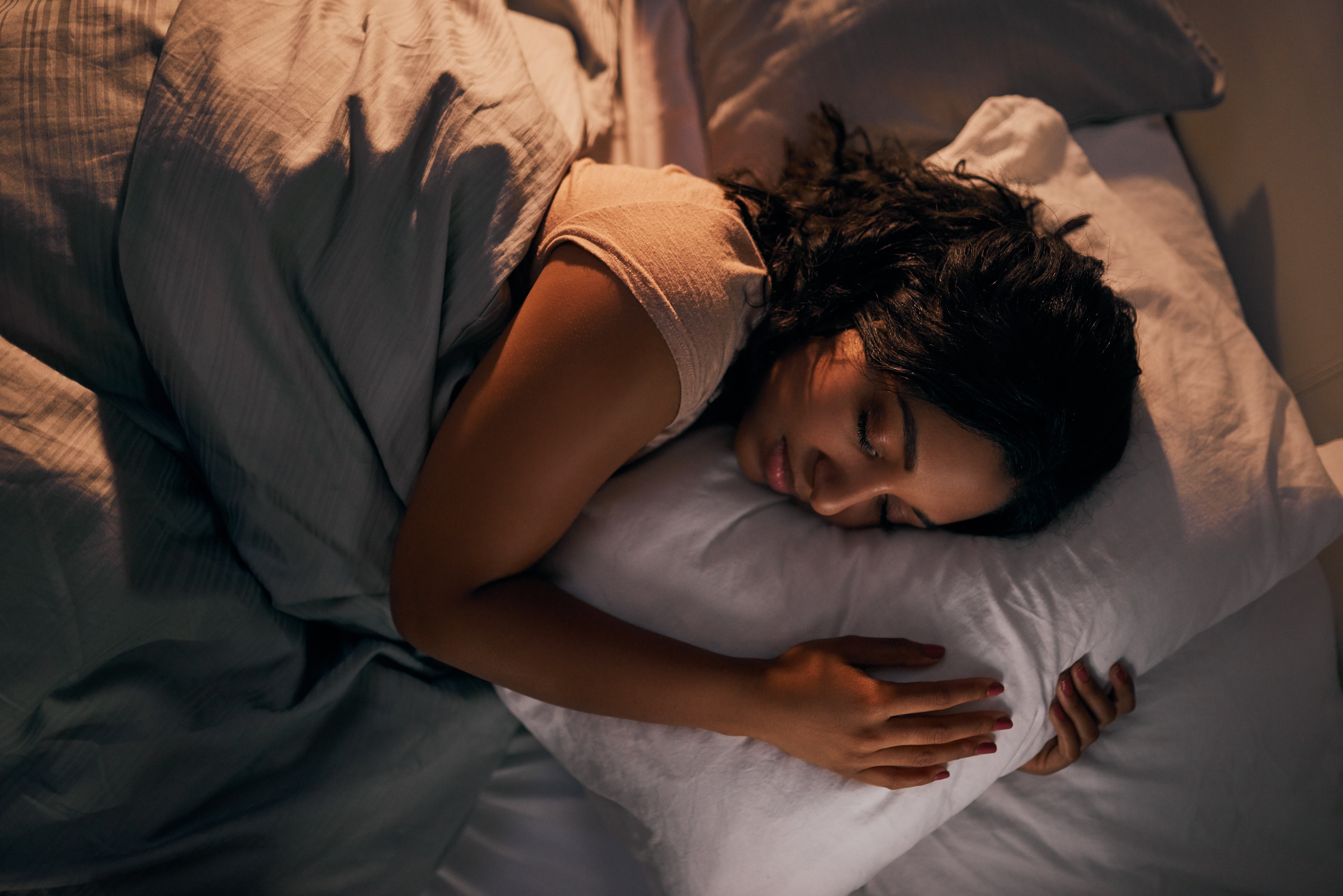


Sleep hygiene is a term used to describe sleep habits. With good sleep hygiene, you tend to be more productive, alert and energised throughout the day. If you feel like you’re carrying around a heavy load of sleepiness during the day, it means you’re not getting enough hours of sleep and your sleep debt is accumulating. Having a good sleep habit is just as important as a healthy diet and regular exercise.
Here are some practices that can help you create an ideal condition for a healthy and restful sleep:
Keeping a regular nightly routine is the hardest part for many people. This means getting up at the same time every day, even on weekends and days off. But keeping a consistent sleep schedule is one of the best ways to having good sleep hygiene. This helps your body release sleep-related hormones at the right time and keep your circadian rhythm (body clock) healthy.
Exposure to light in the day is beneficial for your health but too much light before bedtime can have the opposite effect. Think about dimming your bedroom lights at night to remind your body that it’s time to sleep. Make sure you’re also getting enough natural light during the day to keep your body clock on a healthy sleep-wake cycle.
For the best chance at getting good night’s sleep, your bedroom should be cool, quiet and dark. If your bedroom is too cool or too hot, there is a higher chance that you will wake up in the night. The ideal temperature to sleep is around 18 degrees Celsius. Finding a comfy mattress and supportive pillow also helps to support a healthy sleeping posture.
Relaxation practices can help you prepare the body and mind for sleep. These could include meditating to sounds such as ocean waves or wind; performing breathing exercises or stretching. Have the right bedtime drinks and snacks; a warm drink such as lavender, chamomile and mint tea can help you drift off into a deep sleep. Some snacks are also great to help your body relax at night such as berries, banana and low-fat yoghurt.
There are some exercises that will cause disrupted sleep. Avoid exercising close to bedtime as this can keep your body and mind alert. Eating a large meal will fire up your metabolism, making it difficult to fall asleep. Keep screen use to a minimum, switch off at least an hour before bedtime. Games, movies, work emails and social feeds will keep your mind active and delay your sleep. Finally, steer clear of caffeine late in the day (that includes coffee, tea, colas and chocolate) at least six hours prior to bedtime.
As a result of the coronavirus, and with the majority of us working from home, ensuring good sleep hygiene is more important than ever. Try some of these tips and let us know how you’re getting on.
*Reference: https://www.aviva.com/newsroom/news-releases/2017/10/Sleepless-cities-revealed-as-one-in-three-adults-suffer-from-insomnia/
